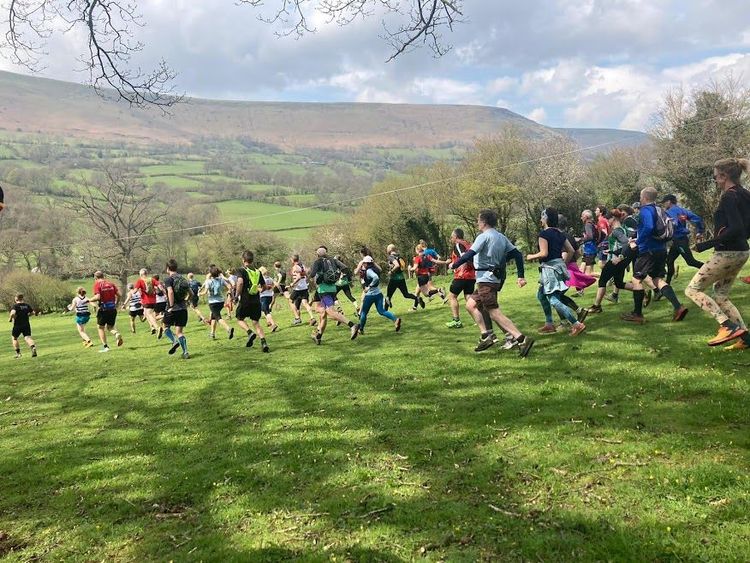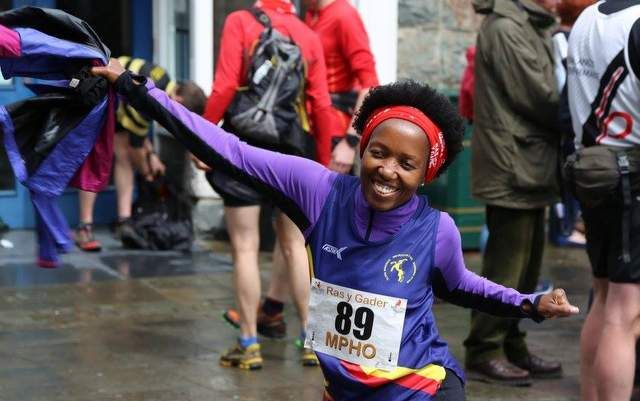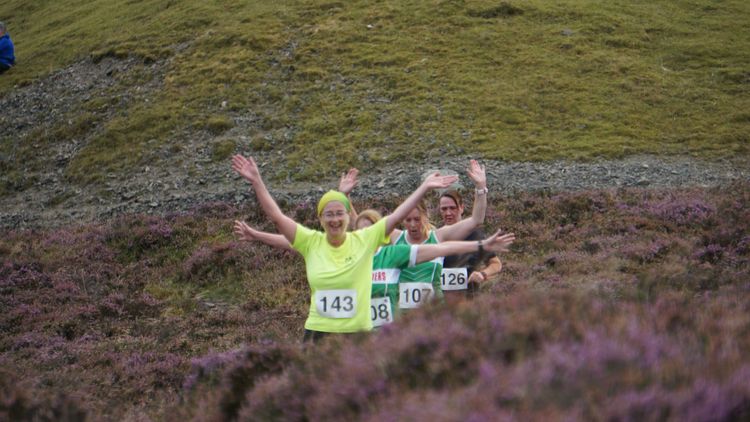What is fell running?
Fell running is a fancy word for mountain running. The term "fell" is derived from the Old Norse word "fjall," which means mountain and is used to describe many of the mountains in the English Lake District which is where the name comes from.
Key features of a fell race
Terrain: Fell running involves steep ascents and descents, rocky paths, uneven ground, and challenging landscapes. You'll navigate through rough and often remote terrain, including the odd knee high bog.
Navigation: You're responsible for your own navigation and your own route choice between checkpoints without using a GPS device. For the more difficult races this means using a map and compass, but there are beginner friendly races where the route is on easier paths with some signage. Look for the "Limited experience required" and "Partially marked" labels.
Weather: Fell running happens year round and in all weather conditions, including rain, wind, and fog. You need to be prepared for unpredictable and sometimes harsh weather, but it all adds to the fun!
Short distances: Fell races are often shorter in distance compared to trail races. However, the challenging terrain and elevation gain can make your race time longer than you expect. Check previous years results to get an idea for the typical finisher times.
Tradition: Fell running has long history, many races have been organised for decades and are often part of local shows or fairs.
Non-commercial: The races in the WFRA calendar are all non-profit, the marshals are volunteers and you won't get a finishers medal. On the plus side that makes them very cheap!
Mud: Lots of it. You will need grippy shoes.
What do I need?
All WFRA races require you to bring "full kit" but the requirements may be relaxed in short races or good weather. You don't need the latest and greatest ultra-light gear to start out just enough to get you safely off the mountain if things go wrong. A full kit guide is on our full guide for runners
What do the race categories and acronyms mean?
Races are categorised in terms of their amount of climb per kilometre (A/B/C) and length (L/M/S). Races sometimes have additional information, for example whether navigational skills are required (NS) or if local knowledge is an advantage (LK). Read the section for runners to find out more.
Beginner friendly races
These races have been marked as limited experience required by the organiser


